Rio Tinto has launched its landmark AutoHaul project in the Pilbara, marking the world’s first automated heavy-haul long distance rail network. The launch of the project is the culmination of $US940 million (2.37 billion) worth of investment over the space of more than 10 years.
AutoHaul was deployed by Rio Tinto alongside the Western Australia Government and its technology partner Hitachi Rail STS.
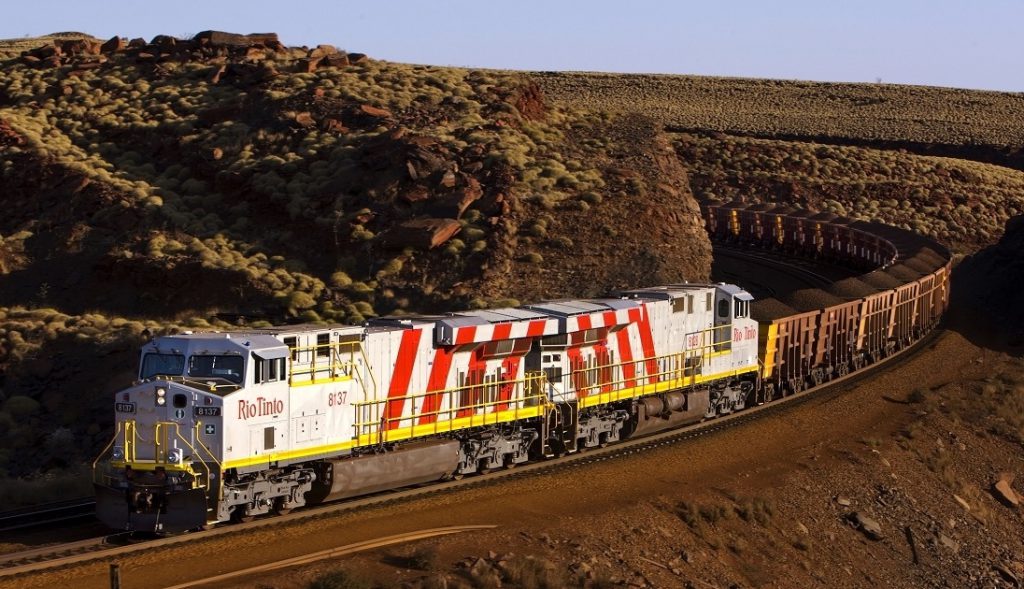
The 2.4-kilometre-long trains, which are monitored remotely from an operation centre in Perth, travel across a network of 1700 kilometres of railway tracks.The 2.4-kilometre-long trains, which are monitored remotely from an operation centre in Perth, travel across a network of 1700 kilometres of railway tracks.
Iron ore from 16 mines is delivered to ports in Dampier and Cape Lambert, with the trains already having travelled over 4.5 kilometres autonomously since they were first deployed last year.
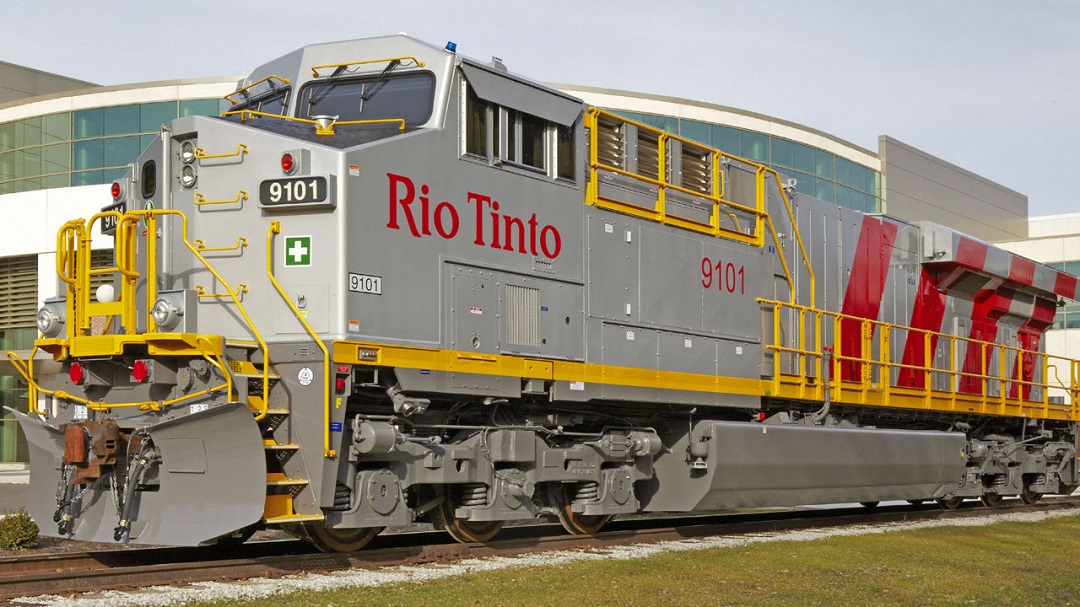
Rio Tinto Iron Ore managing director rail, port and core services Ivan Vella said the deployment of AutoHaul positions the company and Western Australia as a world leader in autonomous technology.
“This project has cemented Western Australia as a leader in the heavy-haul rail industry and has attracted interest from around the world,” he said.
“The successful deployment of the world’s first heavy-haul long distance rail network demonstrates the potential for significant further improvement in such operations with others around the world looking to replicate.”
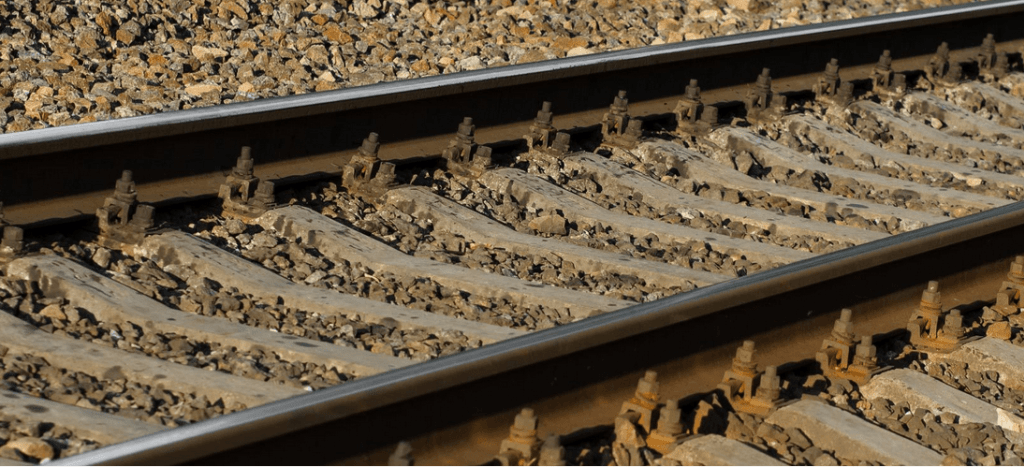
WA Minister for Mines and Petroleum Bill Johnston reinforced this message by congratulating Rio Tinto and its partners, noting that the project highlights the innovation in the state’s resources industry. “AutoHaul has brought the rail freight industry in this country into the 21st century and is rightfully the subject of global interest,” he said.
“I’d also like to mention that the development of the world’s biggest robot is such a success because of the contribution from Western Australia’s skilled engineers and innovative workers.”
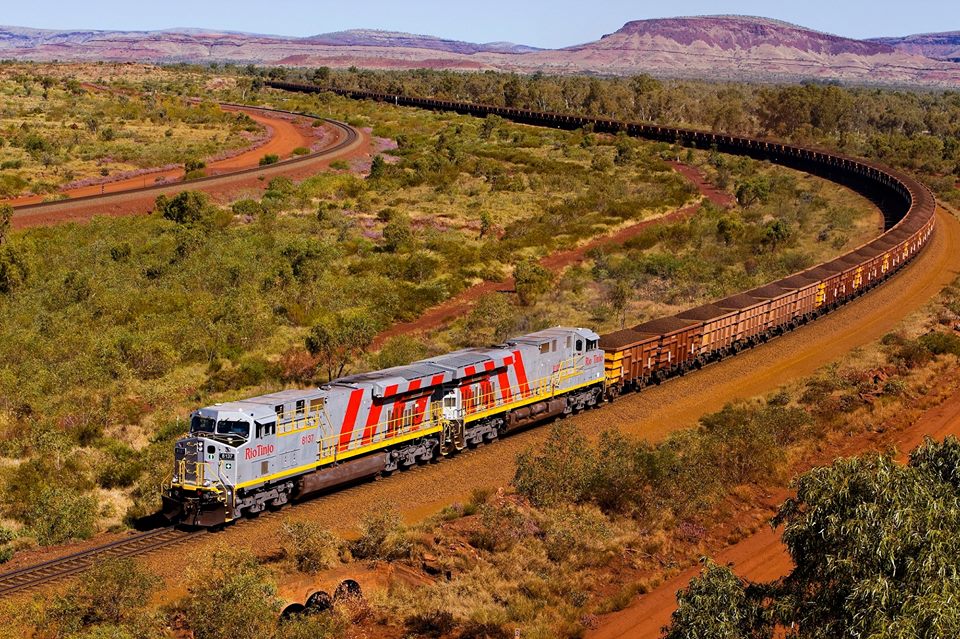
“Now that the trains are running autonomously, the levels of continuous improvement that can be achieved in safety, operational efficiency and sustainability are endless, and we look forward to continuing to collaborate with Rio Tinto to enhance the AutoHaul system.”
Early results from the deployment of AutoHaul indicate the technology’s potential to improve productivity and flexibility through reducing bottlenecks in Rio Tinto’s iron ore system.
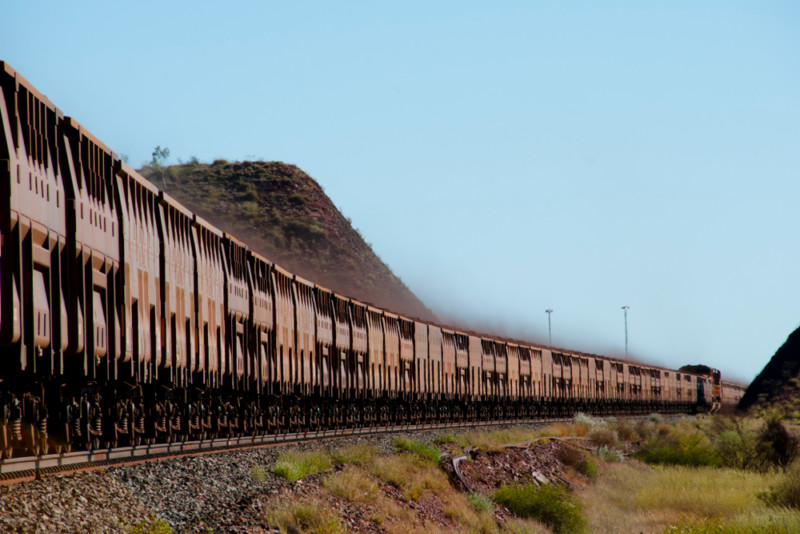
The trains also improve safety through reduced risk at level crossings and automated responses to speed restrictions and alarms.
According to Australianmining.com.au











